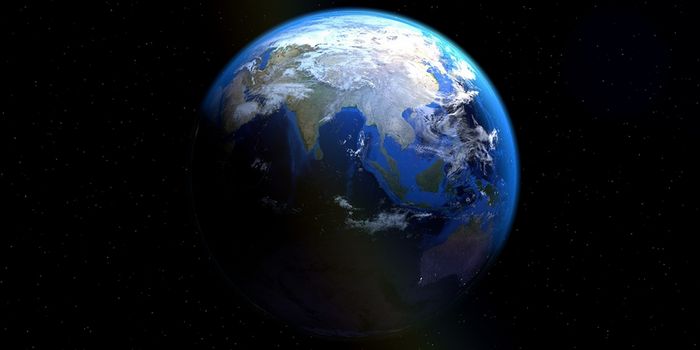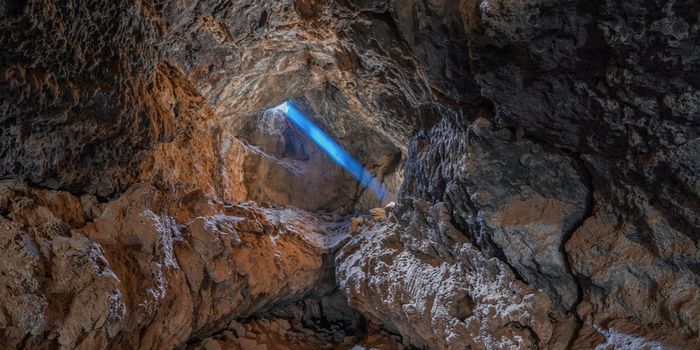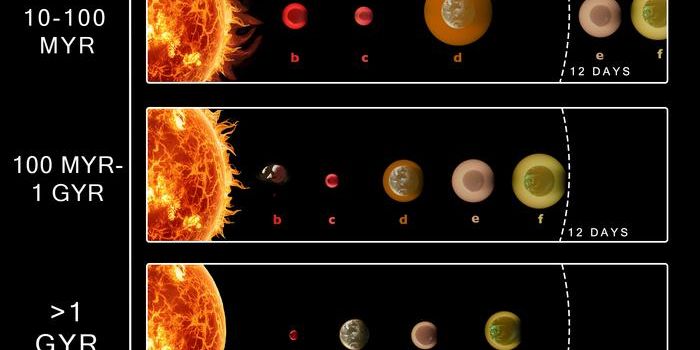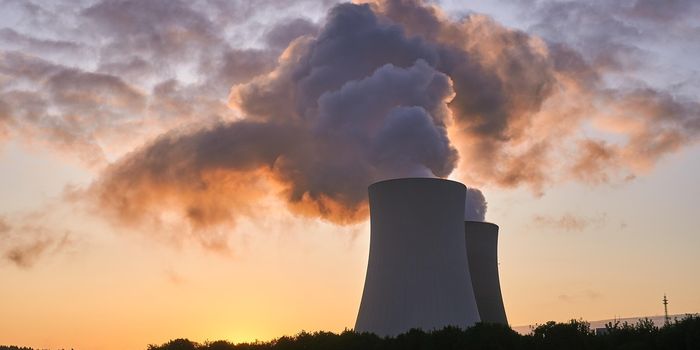Brrr...it's cold in here, it must be the polar vortex weakening in the atmosphere
Sometimes people criticize the coined term, “global warming,” because not everywhere is experiencing the so-called warming that the name suggests. Take Russia and parts of Europe, for example. Cold temperatures throughout the Northern hemisphere have made winters in these regions particularly harsh in the previous decades. But what’s the reason behind this? New research to be published in the Bulletin of the American Meteorological Society reports that when strong Arctic winds lessen, cold polar air can escape and cause the bitter winters that parts of the Northern hemisphere have been experiencing.
The study, led by Marlene Kretschmer from PIK, explains that due to climate change, these weak Arctic winds have become more frequent in the past 40 years. "In winter, the freezing Arctic air is normally 'locked' by strong circumpolar winds several tens of kilometers high in the atmosphere, known as the stratospheric polar vortex, so that the cold air is confined near the pole," says Kretschmer. "We found that there's a shift towards more-persistent weak states of the polar vortex. This allows frigid air to break out of the Arctic and threaten Russia and Europe with cold extremes. In fact, this can explain most of the observed cooling of Eurasian winters since 1990."
This phenomenon that Kretschmer explains is referred to as a stratospheric polar vortex shift and the effect is the strongest over Asia and Europe. As weird as it seems, this research confirms that, yes, a warmer Arctic means a colder Northern hemisphere. That’s because when Arctic sea ice melts, the uncovered ocean releases more warmth into the atmosphere, which can disturb the polar vortex in the stratosphere. The study highlights that, “For this region 60% of the observed cooling in the era of Arctic amplification, i.e. since 1990, can be explained by the increased frequency of weak stratospheric polar vortex states, a number which increases to almost 80% when El Niño/Southern Oscillation (ENSO) variability is included as well.”
"It is very important to understand how global warming affects circulation patterns in the atmosphere," says co-author Dim Coumou. "Jet Stream changes can lead to more abrupt and surprising disturbances to which society has to adapt. The uncertainties are quite large, but global warming provides a clear risk given its potential to disturb circulation patterns driving our weather -- including potentially disastrous extremes."
Sources: American Meteorological Society, Science Daily









